From Dreams to Needs, Our Loans Bring you Instant Funds
Get the funds you need without the wait. Our loan process is quick, easy, and hassle-free—designed to give you instant access to money when you need it most.
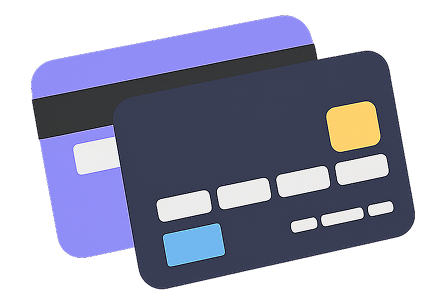
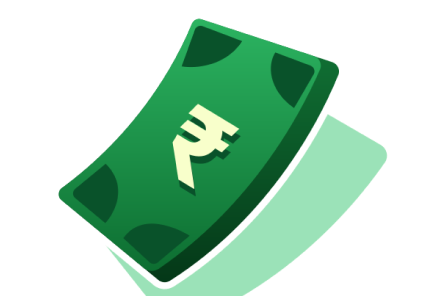
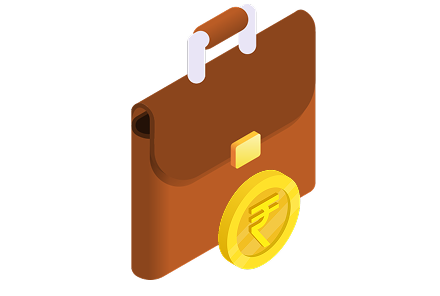
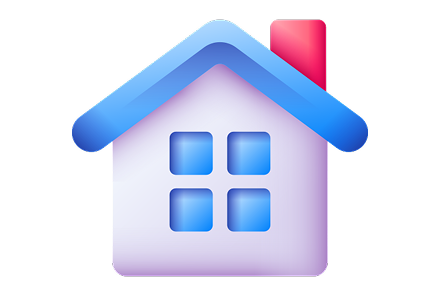
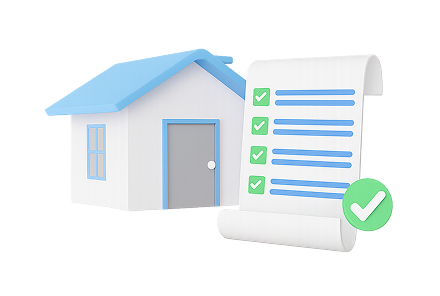

Personal Loan EMI Calculator
Quickly Calculate EMIs for Personal, Business, Home Loans, and Loans Against Property.
All in one place. Simple, fast, and reliable.
Total Interest
Loan Amount
Loan Amount
₹5000
Total Interest
₹0
Total Amount
₹0
Your monthly EMI is
₹ 0
Tomorrow Starts with Today's Plan.
Join The Money Fair, Save spend, invest and control your entire financial life in one place.
Why Choose Us
TheMoneyFair offers secure, easy-to-use financial services with expert support and smart credit solutions designed just for you.

Easy Accessibility
Our algorithm - based technology provides easy comparism, multiple choices and unbiased advice.

Safe & Secure
Certified with ISO (27001:2013). We Built industry- best controls to keep you information secure.

Wide Choice
With over 100+ banks and NBFC's. Enjoy wide range of products and services.

Employees
With over 2000 + employees, we build an expertise service.

Customer Services
We have a dedicated and highly trained team of experts who work hard everyday to help you take best financial decisions.

Monitor Credit Score
Stay on top of your credit score with monthly reports on credit activity, payment alerts, and insights to improve your credit score.
Increase Your Credit Potential at One Click
A credit score in the 700-749 range is considered "good" and reflects responsible credit management. Individuals in this bracket are seen as lower-risk borrowers, which opens up favorable opportunities for loans, mortgages, and credit cards.
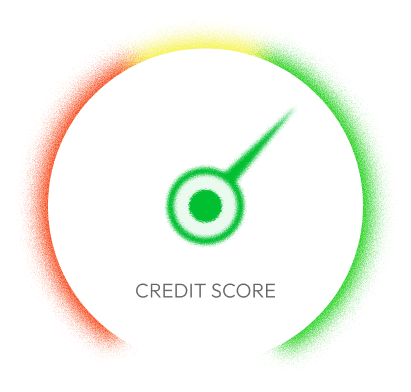
Now or Never Deals
Limited-time offers with exceptional value. Don‘t miss the opportunity to save.
Hassle-Free Personal Loans
Enjoy a 100% paperless application process with lightning-fast approvals get the funds you need without the wait or the paperwork.
Saving Account
Open a savings account in under 3 minutes with zero paperwork seamless, secure, and entirely digital for your convenience
EMI Calculator
Easily calculate your monthly payments and plan your finances with confidence, what you’ll pay before making your next purchase.
Credit Cards
Enjoy a seamless, contactless KYC process and unlock top lifetime free credit card offers, cashback, rewards, and benefits.
Partner with Us
Join us as an advisor or partner, or pursue a fulfilling career collaborate with a team committed, growth, and success.
Our Channel Partners across Industry
Access the best deals and exclusive offers from India's most trusted banks and financial institutions—through our extensive network of channel partners.


























